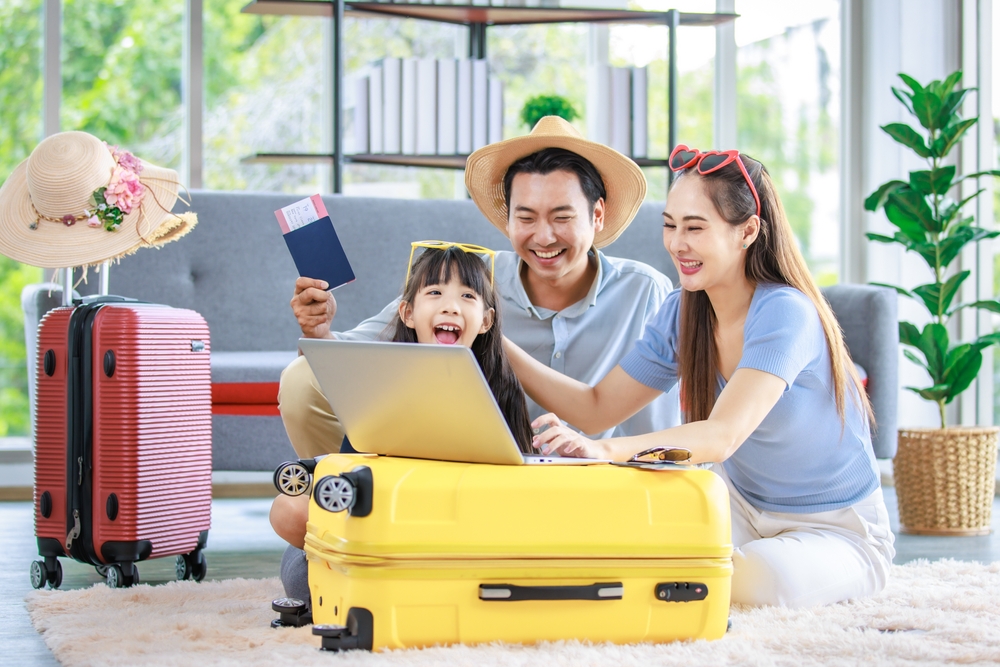The summer holidays are here, and many parents choose to travel with their children during this long break, not only to spend quality time together, but also to rejuvenate. I wonder if there are any other reasons why people choose to travel during the summer?
Some may say that traveling can also broaden children’s horizons. Indeed, “it is better to travel ten thousand miles than to read ten thousand books.” If children have firsthand experiences, they will likely have a deeper understanding of the knowledge they have learned. For example, when children learn about the Great Wall of China, visiting the site in person would allow them to truly appreciate the grandeur of this architectural marvel in human history. When choosing travel destinations, I also consider whether they align with my daughter’s learning content. For instance, when she is studying different types of animals, I will include a visit to the zoo during our trip, so that she can interact with various animals directly, which is much more engaging than learning from books or TV alone.
I highly value the several days we spend traveling, as it allows for extended quality time together. By observing my daughter closely during these days, I can gain deeper insights into her. When my daughter was younger, I would pay particular attention to the following aspects during our travels:
(1) How the child interacts with strangers
During travels, children encounter various unfamiliar people. How does my daughter behave in such situations? Does she proactively greet the unfamiliar elders? Can she politely and appropriately respond to their questions? When playing with peers her age, does she initiate interactions? How does she handle any potential conflicts that may arise? I enjoy observing discreetly, then in the evenings, I will share and praise her good conduct from the day, and encourage her on how she can do even better the next time.
(2) The child’s self-care abilities
With the relatively ample time during travels, without having to race against the clock, this is when you can take the opportunity to foster your child’s self-care ability. For example, I will arrange for my daughter to carry a small travel suitcase of her own, and have her manage the personal items inside it. I then observe discreetly to see if the child can properly handle her personal belongings, and whether she can pack up her things neatly before leaving the hotel or heading to the next destination. I will provide timely reminders or assistance if needed.
In fact, fostering children’s character and self-care ability does not necessarily require taking a flight to travel to distant places. What I want to emphasize is that character education should not just remain at the theoretical level, as constant lecturing will only backfire. Rather, character education should be put into practice through daily life. In fact, as long as there is ample time for interaction and more companionship with the children, along with careful observation of their daily performance, and providing reminders or assistance when necessary, even just a trip to the countryside can achieve the above purposes.


